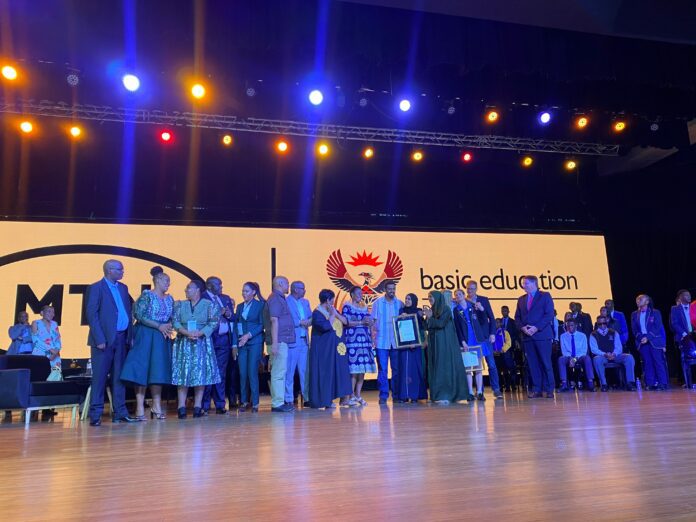The hope for South Africa’s public education was restored when Basic Education Minister Angie Motshekga announced the 2022 National Senior Certificate (NSC) matric results at the Mosaiek in Fairland, Johannesburg.
According to Motshekga, all the provinces improved, achieving percentages above 70% while the whole batch scored 80.1%.
The minister said out of more than 920 000 candidates who enrolled for the 2022 NSC examinations, 752 003 were full-time candidates, an increase of 2.6% from 2021; while 168 631 were part-time candidates, an increase of 2.9% from 2021.
“The Class of 2022 was impacted by policy changes. They were the ninth cohort to be exposed to changes in the policy on progression, the discontinuation of the policy on multiple examination opportunity.
“The offering of two question papers in Accounting and Business Studies; the adding of a third paper for all second additional languages; the addition of new subjects including Dramatic Arts, Music, Marine Sciences, and a Practical Assessment Task for Technical Mathematics,” said Motshekga.
She further said the department received support like never before from the private sector and the higher education sector.
“It is important to note that the performance tracking conducted by the DBE [Department of Basic Education] on the Class of 2022 in the earlier years, showed that this Class was performing at 78.4% in grade 10 in 2020; at 80% in grade 11 in 2021; and at 78.8% in the grade 12 – term one of 2022. The performance of this cohort remained relatively high despite the devastating challenges outlined earlier.
“20 975 progressed learners passed the 2022 NSC examinations. This represents 2.9% of these learners who wrote all seven subjects during the 2022 NSC examinations; and 3.6% of the 2022 passes. 3 235 of these learners obtained bachelor passes, 8 141 obtained diploma passes, and 9 570 obtained higher certificate and NSC passes, respectively.
Free State came on top at 88.5% followed by Gauteng at 84.4% and KwaZulu-Natal registered 83%. On fourth position was the Western Cape at 81%, North West (79.8%), Eastern Cape (77.3%), Mpumalanga (76.8%), Northern Cape (74.2%), and Limpopo came in at the bottom at 72.1%.
For more education news from Sunday World, click here.
Follow @SundayWorldZA on Twitter and @sundayworldza on Instagram, or like our Facebook Page, Sunday World, by clicking here for the latest breaking news in South Africa. To Subscribe to Sunday World, click here



